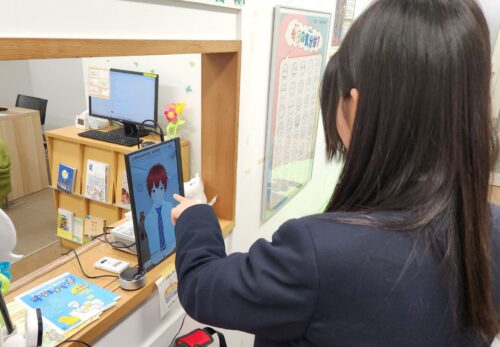About Me
Hayato Tomisu is a researcher and practitioner at the intersection of data science and human-centric systems. He is currently a Ph.D. candidate in Data Science at Shiga University and works concurrently as a Data Scientist at IBM Japan. He also holds a position as a Visiting Researcher at the Ritsumeikan Global Innovation Research Organization.
His research mission is to develop Cyber-Physical Systems and Digital Twins that deepen our understanding of human behavior and augment our potential. In sports science, his focus extends beyond performance and safety enhancement through wearable technology to also encompass sports management. Targeting events like cycle tourism, he applies statistical and AI techniques to solve challenges in sports tourism and sustainable event operations.
In educational technology, he develops platforms for student well-being, contributions that include co-authoring a book and advising a high school curriculum. Furthermore, he is actively exploring the future of education in the age of generative AI, examining the societal coexistence of teachers and AI and developing practical use cases for its application in classrooms.

Main Research Theme
Data-Driven Cycling: Safety and Experience
This research focuses on analyzing data from IoT sensors, including cycling dynamics, biometrics, and landscape imagery through multimodal AI. We develop systems to predict hazardous spots and provide real-time rider support, specifically tailored for sports bicycles. We also leverage generative AI to design personalized and narrative-rich cycling routes, aiming to maximize experiential values such as 'excitement' and 'discovery' that go beyond just safety.
AI and XR for Digital Well-being and Inclusion
We develop and implement technologies using AI, XR (VR/AR), and digital twins to address the various anxieties and concerns faced by students and young people. Our work focuses on creating inclusive and accessible dialogue systems and support models, with a particular emphasis on reaching underserved groups such as young carers. We are also committed to navigating and resolving the associated regulatory and ethical challenges.
AI-Powered Learning and Co-creation in the Metaverse
This research designs the future of learning and creative activities by leveraging AI and metaverse technologies. We are developing novel educational methods, such as AI-powered language learning partners, and constructing learning environments that utilize avatar-based communication. Through this work, we aim to augment human capabilities with technology and explore new forms of collaboration and co-creation.


